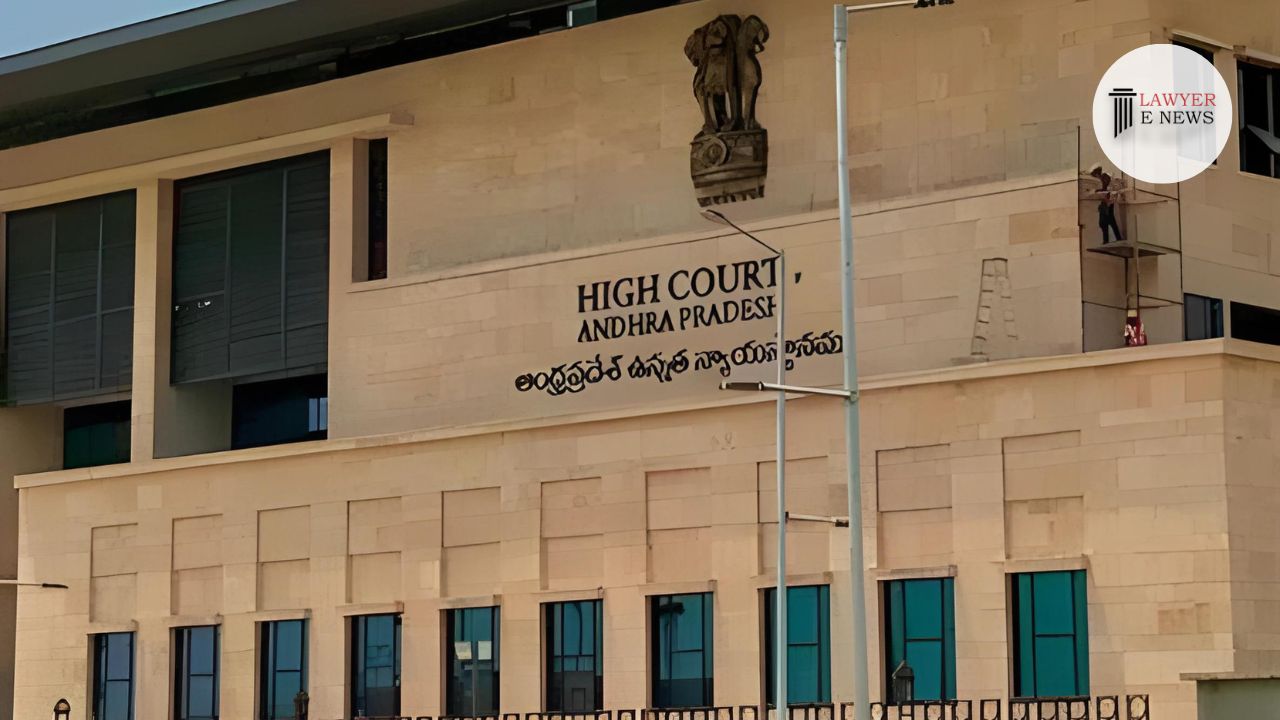-
by Admin
15 February 2026 2:36 AM



High Court upholds Single Judge’s decision invalidating unilateral imposition of charges for e-locking and VSAT systems by Indian Oil Corporation on respondent dealer.
The High Court of Andhra Pradesh has dismissed an appeal by the Indian Oil Corporation Ltd. (IOC), affirming the Single Judge’s ruling that the corporation cannot unilaterally impose charges for the installation and maintenance of e-locking and Very Small Aperture Terminal (VSAT) systems on its dealer. The bench, comprising Chief Justice Dhiraj Singh Thakur and Justice R. Raghunandan Rao, emphasized that the responsibility for these costs lies with the appellant corporation as per the terms of the dealership agreement.
Indian Oil Corporation Ltd. (IOC), a public sector oil corporation, had introduced digital e-locking and VSAT systems at its retail outlets to prevent pilferage and ensure better connectivity. These systems were installed without explicit consent from its dealer, Gudivaka Srinivasa Rao. Subsequently, IOC began charging the dealer monthly and annual fees for these systems. Rao filed a writ petition challenging these charges, asserting that they were not covered under the dealership agreement. The Single Judge ruled in favor of Rao, leading IOC to appeal the decision.
The High Court scrutinized the dealership agreement clauses, particularly Clause 42, which mandates the dealer to follow directions issued by IOC. However, the court also examined Clause 8(a), which obligates IOC to install and maintain equipment at its own expense. The bench concluded that the digital e-locking and VSAT systems fall under the term “outfit,” which IOC is required to maintain.
The court highlighted that IOC’s unilateral imposition of charges on the dealer was not supported by the agreement. The court noted that IOC’s attempt to modify the agreement by seeking an addendum was an implicit admission that the original terms did not authorize such charges.
The judgment extensively discussed the principles of contractual obligations and the maintainability of writ petitions in contractual disputes involving public authorities. The court cited the Supreme Court precedent in Mahabir Auto Stores and Ors. V. Indian Oil Corporation and Ors., reaffirming that the availability of an alternative remedy does not preclude the High Court’s intervention under Article 226 of the Constitution of India.
Justice Raghunandan Rao remarked, “The responsibility and liability to install and maintain both the digital e-locking system and VSAT terminal rests solely on the appellant-corporation and the same cannot be recovered from the 1st respondent dealer.”
The High Court’s dismissal of IOC’s appeal reinforces the protection of dealers from unilateral and unsupported financial impositions by corporations. By upholding the Single Judge’s decision, the judgment underscores the importance of adhering to contractual terms and provides a significant precedent for future contractual disputes involving public sector entities. The ruling is a reminder that corporations must ensure clarity and fairness in their contractual dealings with dealers.
Date of Decision: 26 June 2024
Indian Oil Corporation Ltd. V. Gudivaka Srinivasa Rao and Others
